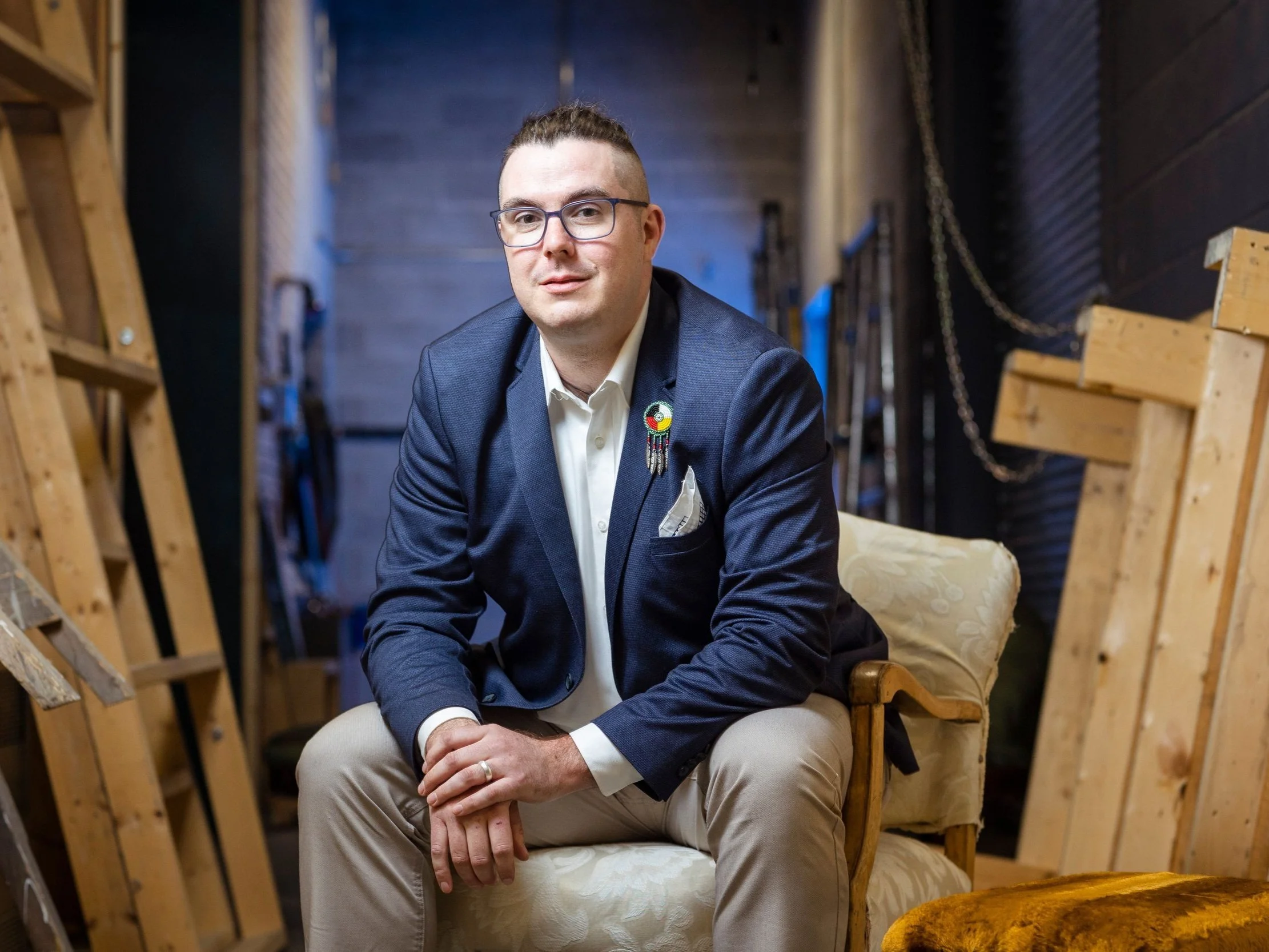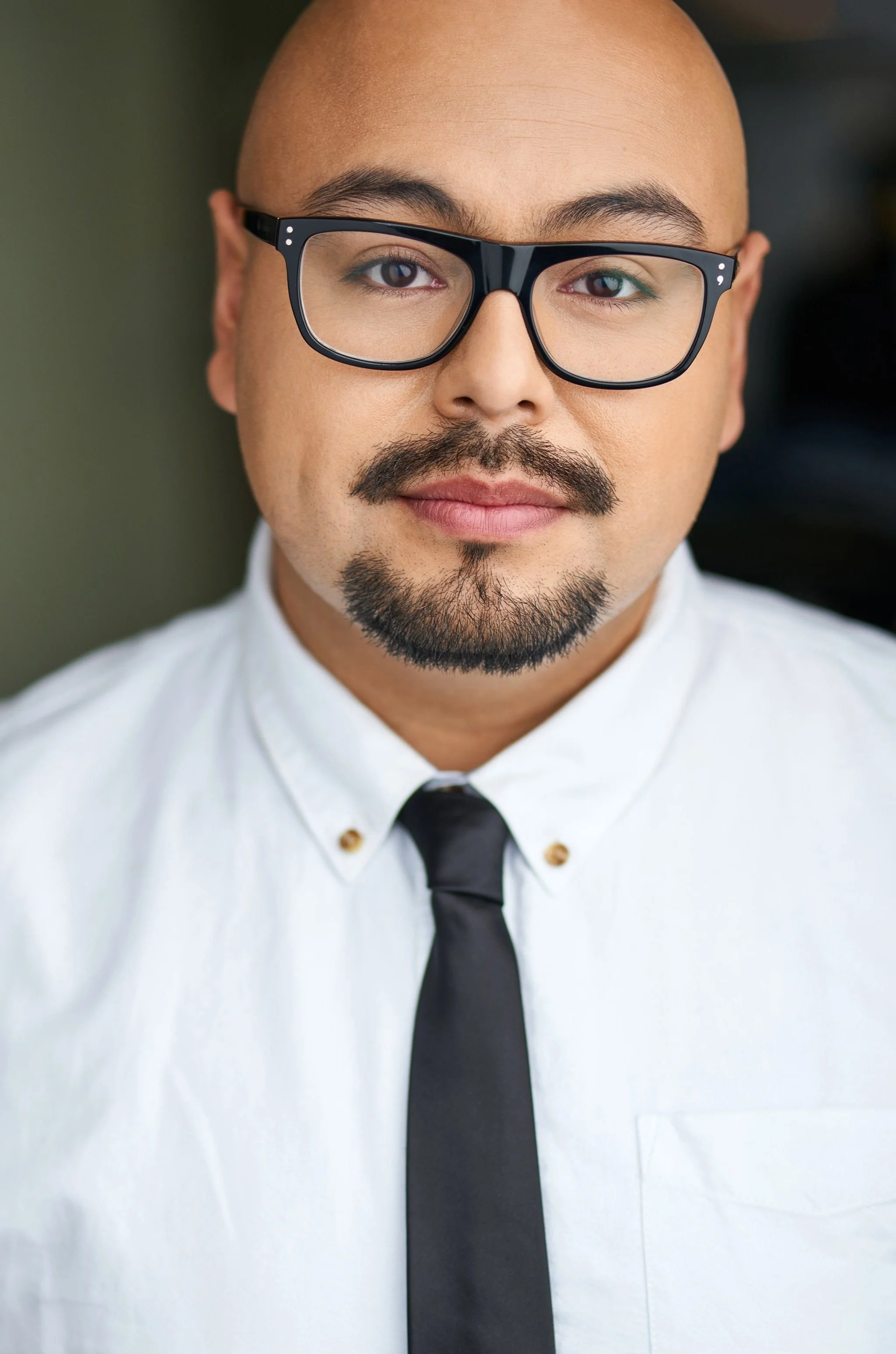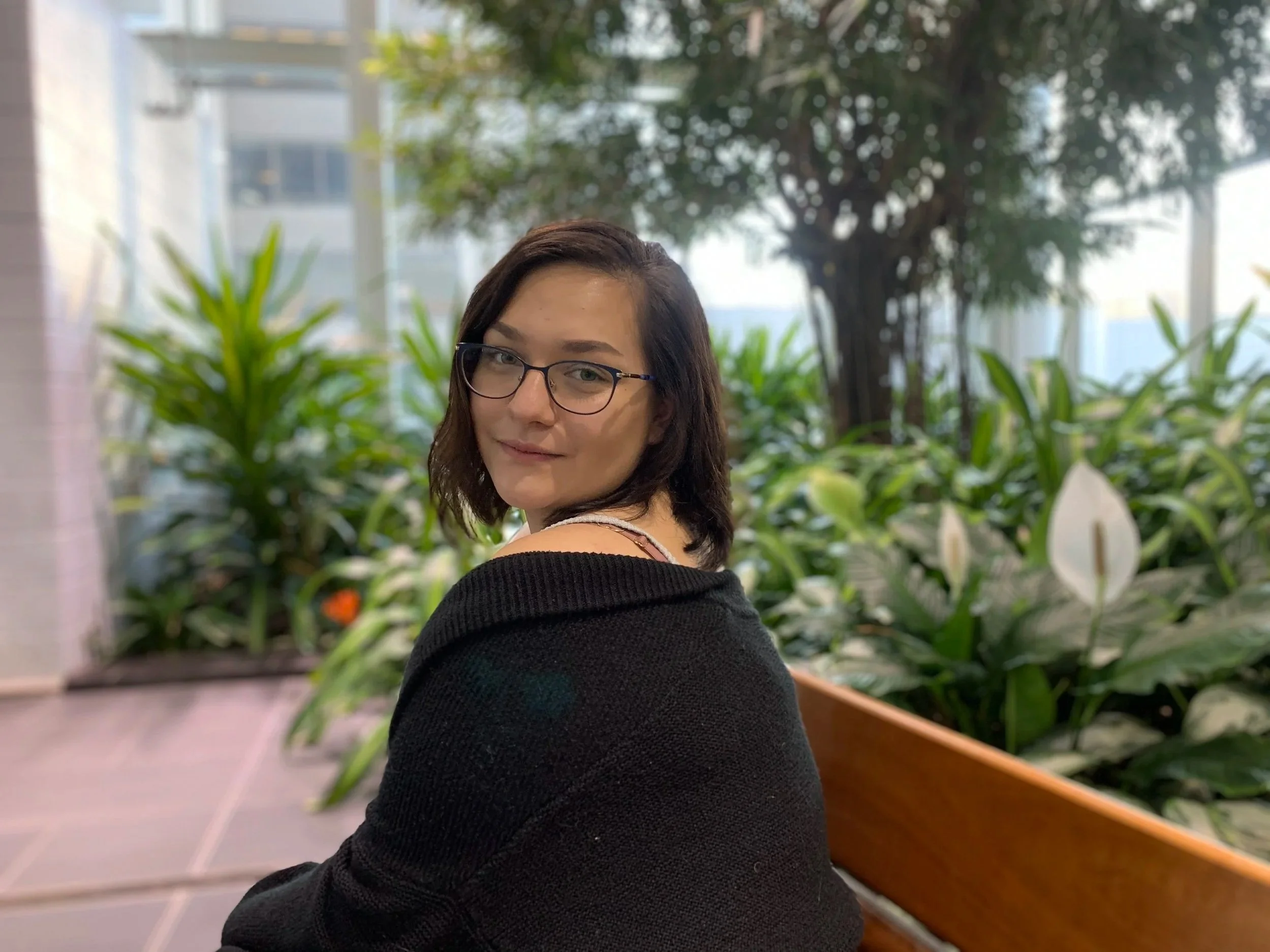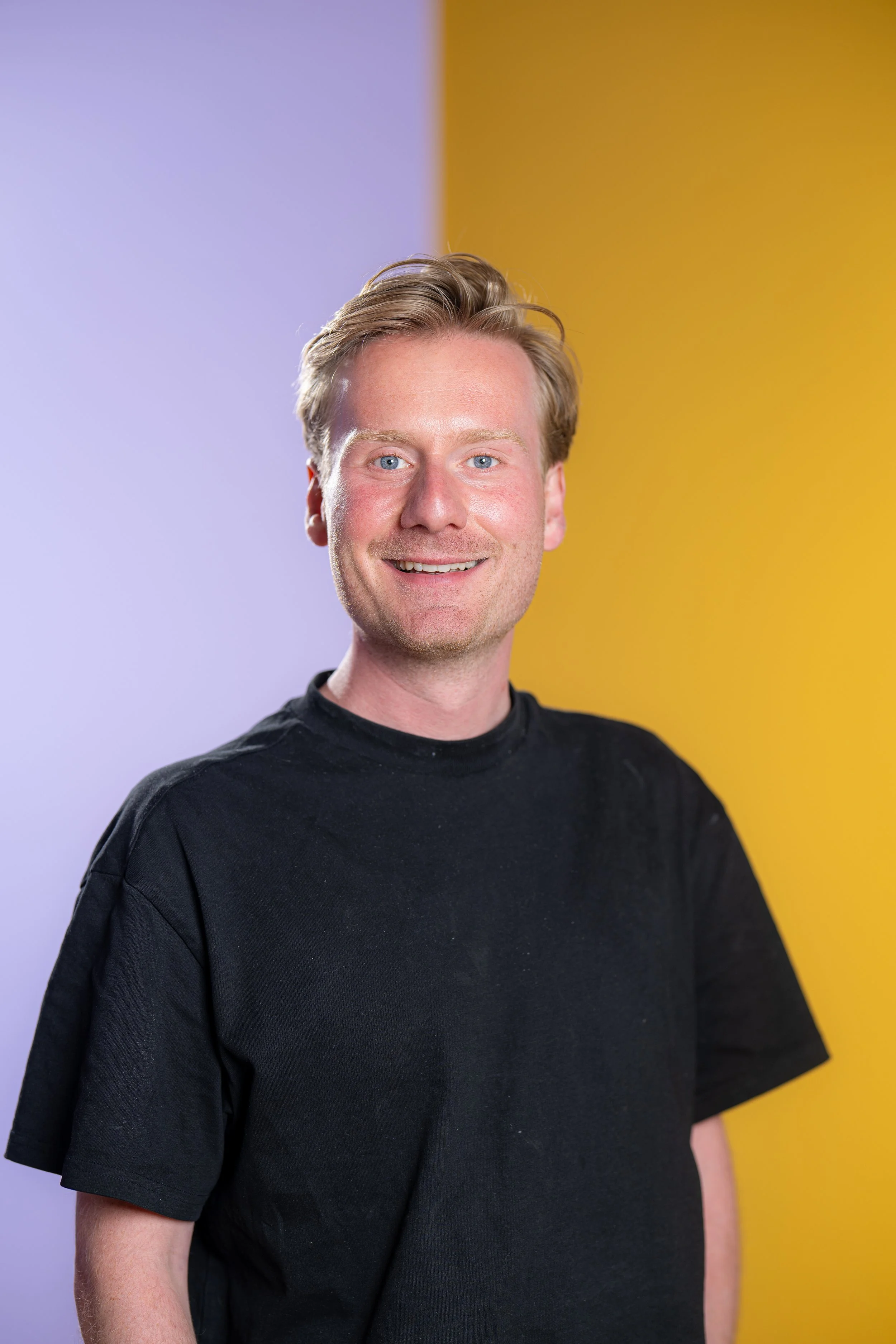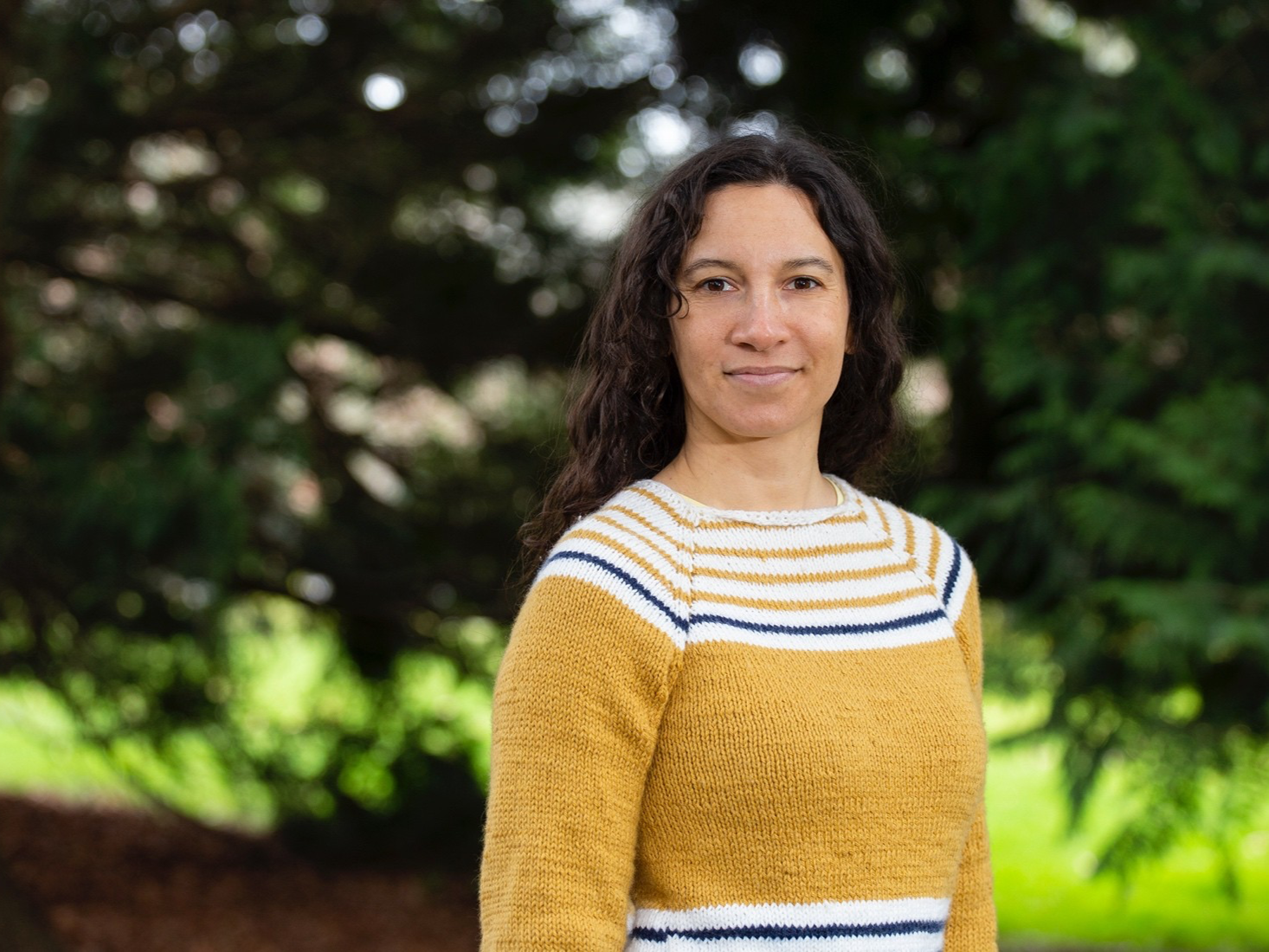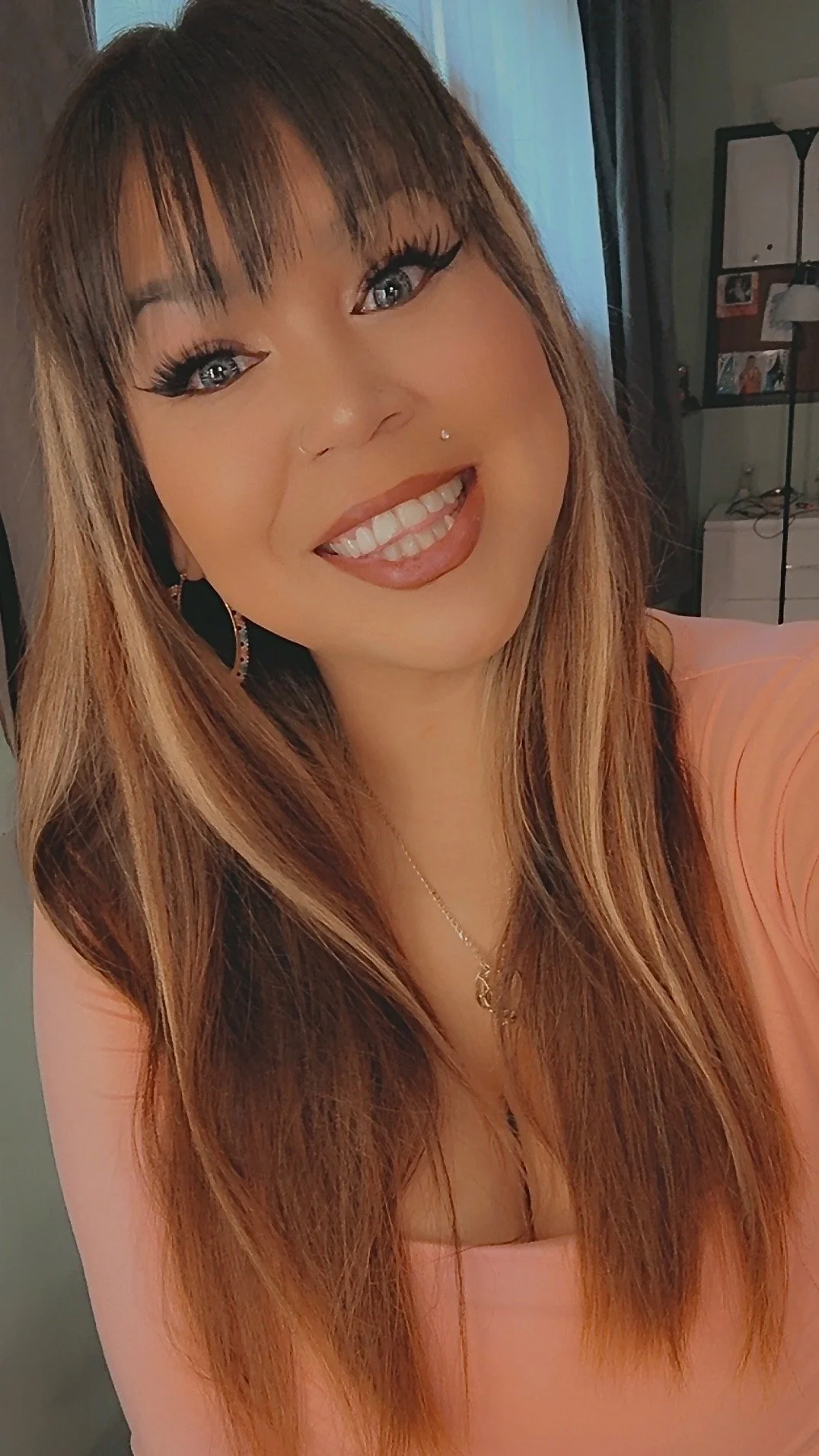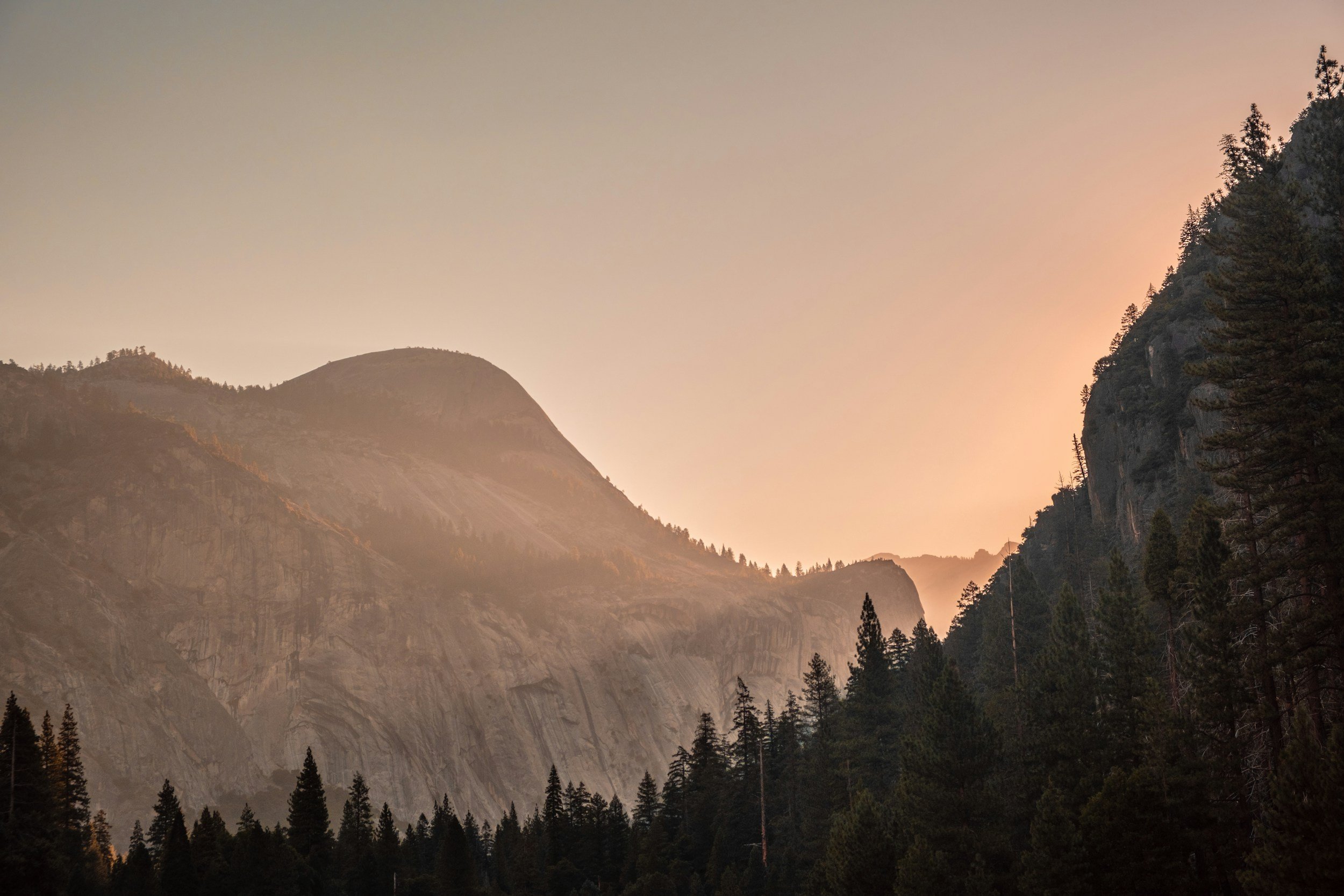
َAfternoon Workshops
Deneh’Cho Thompson
Pedro Chamale
Working with Languages that you Don’t Speak with Pedro Chamale & Deneh’Cho Thompson
Sept. 13, 12:45 - 13:45 | @ MacIntyre Studio
Pedro Chamale, founding Artistic Director of rice & beans theatre, and Deneh’Cho Thompson, Associate Professor at the University of Saskatchewan, both facilitate multilingual theatre and performance that includes language(s) that they do not speak.
This collaborative workshop explores principles and techniques that promote language learning, fluency, and inclusion in performance. Through the sharing of experiences and the testing of ideas, the collective of this workshop will develop and articulate ways of working that suit their own contexts. Methods that allow non-speakers to facilitate shared language proficiency have the potential to broaden the impact of language revitalization and reclamation efforts and to promote further inter-Nation-al knowledge sharing and exchange.
Join them for fun and games, and maybe we will all learn something new!
Jill Goranson
Ceanna Wood
Accessing Language Through Blood Memory with Ceanna Wood & Jill Goranson
Sept. 13, 12:45 - 13:45 | @ Chief Dan George
Join Ceanna Wood & Jill Goranson in a one hour workshop that will explore voice, body and imagination through sound, movement and writing practices. Jill and Ceanna will lead you through practices that explore the natural world, the sounds that exist in it, and the knowledge stored in our bodies all with the intent to activate your blood memory. Participants are invited to write, move, and use their voice to whatever level feels comfortable for them.
Ceanna and Jill will also guide participants in creating their own Gratitude Bundles during the festival—a practice designed to help you connect with the natural world and reflect on what you are grateful for. Find Ceanna and Jill at the Wellness Table throughout the weekend to receive instructions and materials to make your bundle.
How Far Do You Go (to make theatre in a minority language)? with Wessel De Vries
Sept. 13, 12:45 - 13:45 | @ Roger Bishop
To direct the first play in the endangered Kven language, playwright and director Wessel de Vries traveled far away from home. Far above the polar circle (where it was cold an dark) rehearsals started at Kvääniteatteri, and a lot of big challenges had to be faced. What do you do if your actors don’t speak the minority language the play is in (because there are no living actors that can speak it)? How will you connect with the audience when the majority does not speak the language as well? How will you cope with the community that speaks the language (of for whom the language is vital) and has opinions about your play? How do you find the freedom to make a piece of art instead of only a piece of language emancipation?
All these questions will be discussed in this workshop: the obstacles, solutions, despair and hope. There might be a lot of challenges when you make theatre in a minority language. You have to go far. But most of the time it’s worth it. Because after the challenges we faced in Northern Norway, the artistic product was fulfilling: emancipatory, filled with language, and art at the same time.
Lauren Jerke
Lyndsey Henry
Felt Understanding: Learning SENCTON Language and Remembering Stories with Lauren Jerke and Lyndsey Henry
Sept. 13, 14:00 - 15:00 | @ MacIntyre Studio
In this workshop, participants will engage with storytelling and drama as powerful tools for learning, connection, and language revitalisation. Building on a previous lesson we taught at ȽÁU, WELṈEW̱ Tribal School to middle school students, where students told W̱SÁNEĆ stories and then brought them to life through performance, we will invite this group to take part in a similar process. Participants will work collaboratively to share stories, embody them through drama conventions, and reflect on the meaning and impact of the experience.
Alongside the storytelling and drama, Dr. Lauren Jerke will share insights into the role of drama in supporting language revitalisation and cultural learning by valuing intuition and felt understanding. Lyndsey Henry will reflect on how this work has impacted her SENĆOŦEN Language class, highlighting the connections between drama, student engagement, and community knowledge.
This workshop is designed to be participatory, reflective, and respectful. It honours Indigenous knowledge systems by centring story and relationship, while offering practical approaches for educators and learners interested in drama, language, and cultural renewal.
Three workshops will run simultaneously on Saturday, Sept. 13 @ three different venues within the Phoenix building: Chief Dan George Theatre, Roger Bishop Theatre, and Barbara McIntyre Studio.

